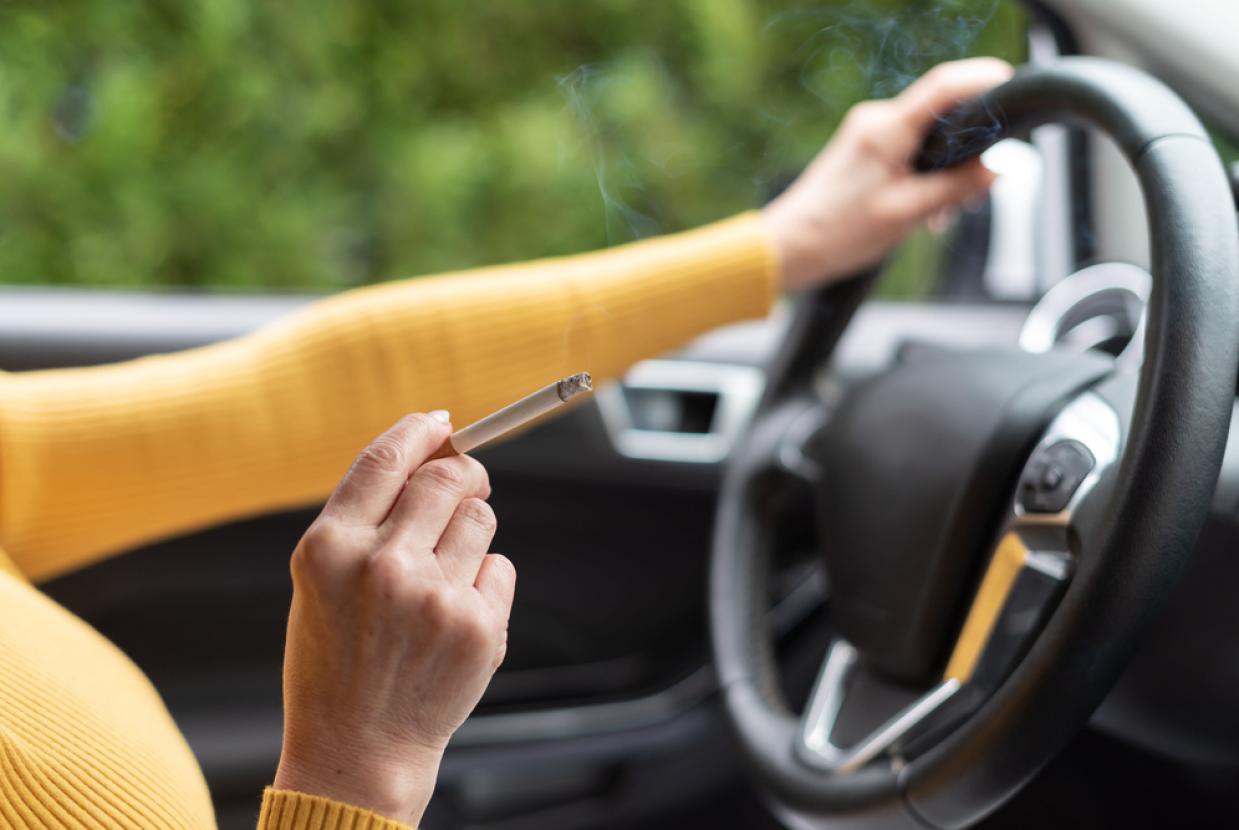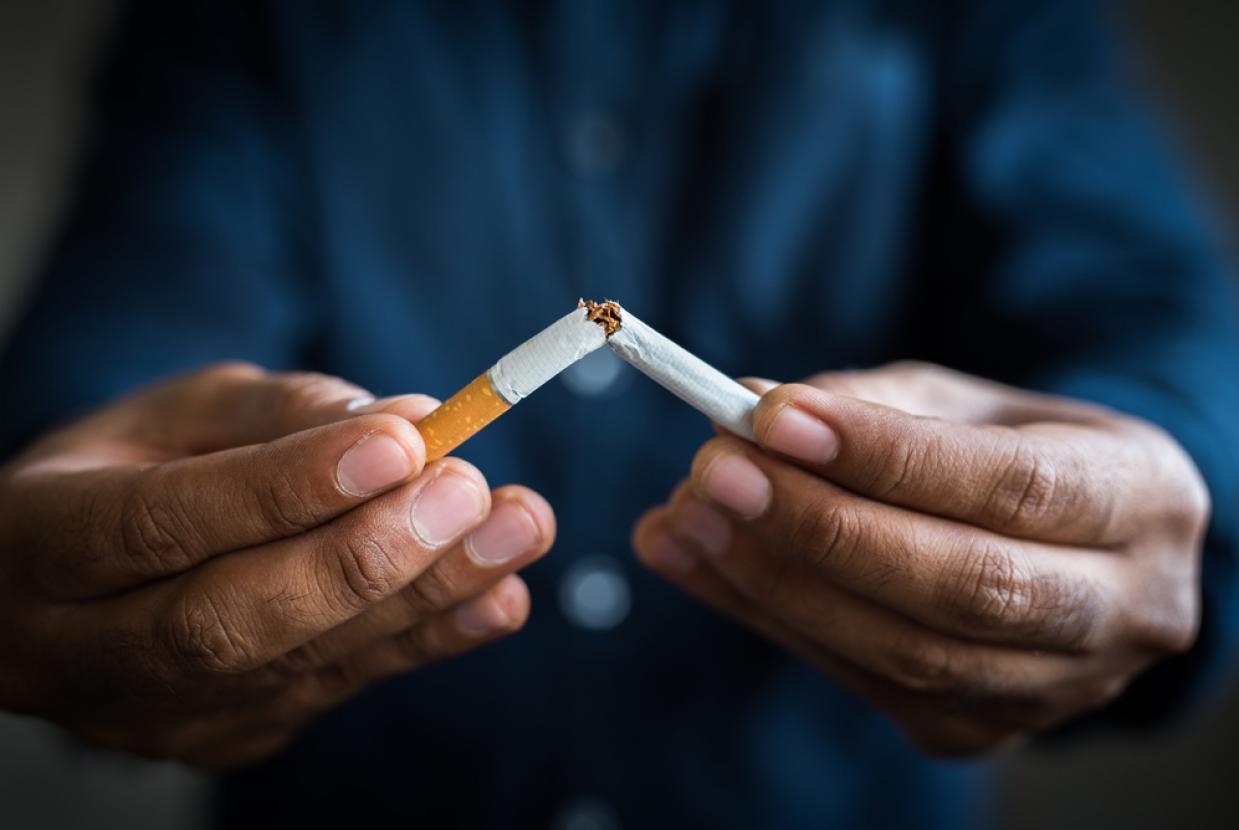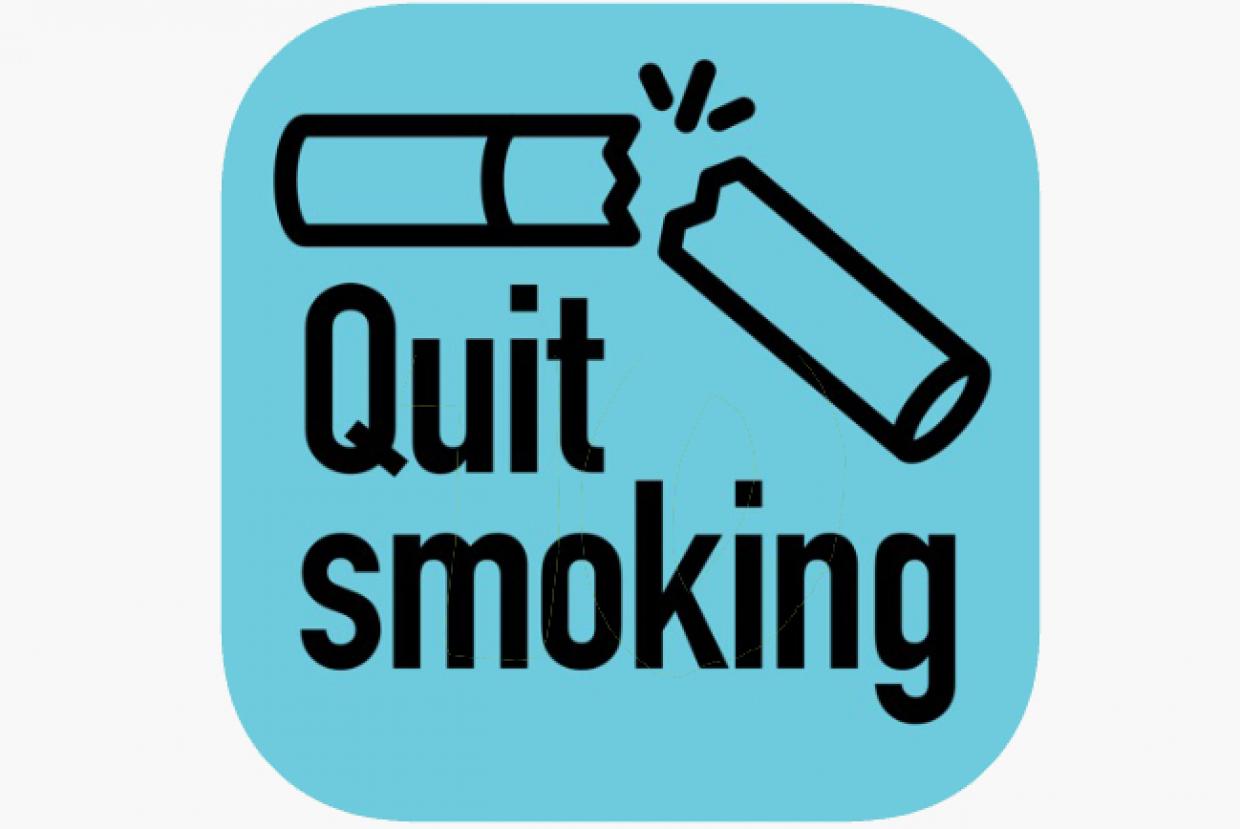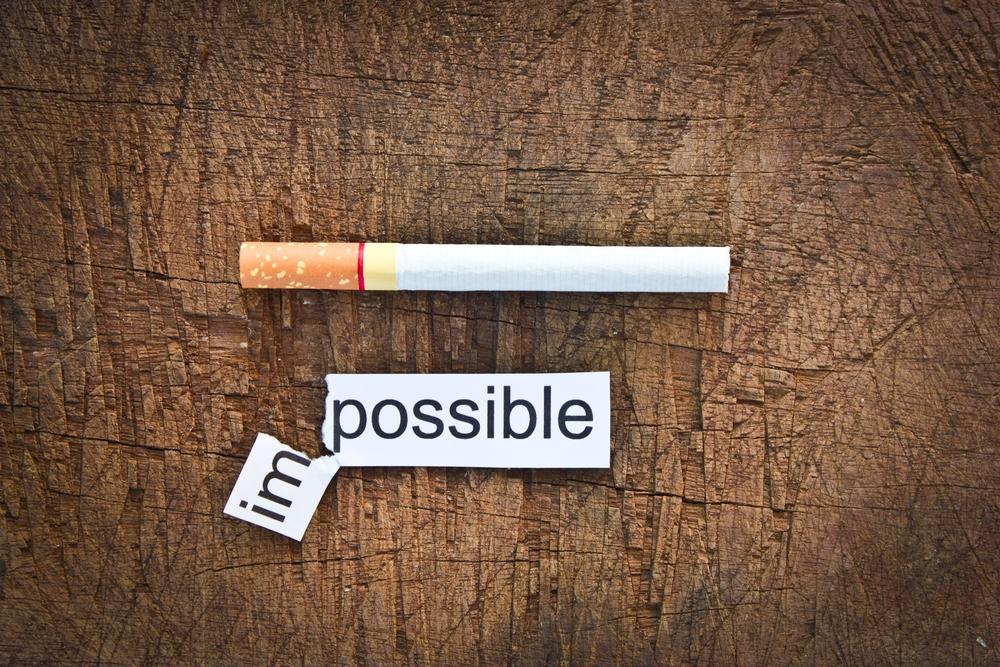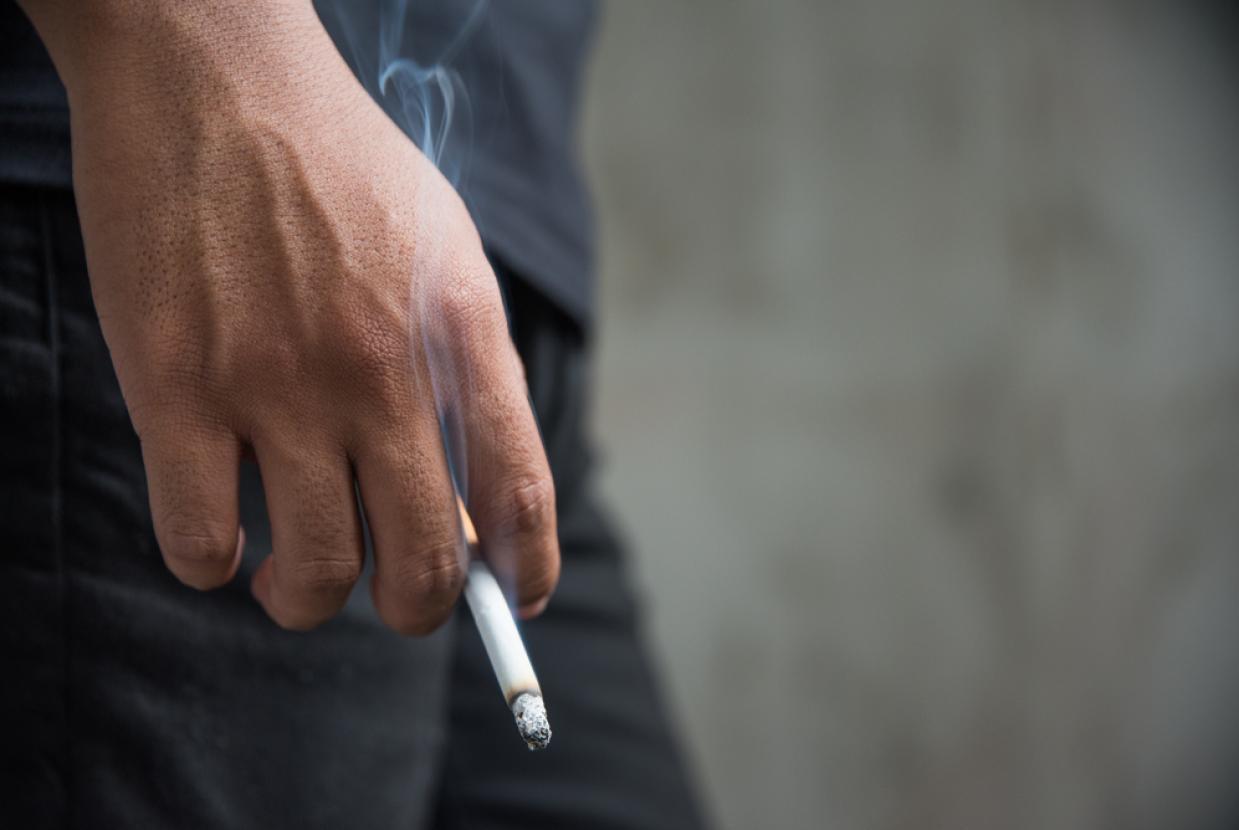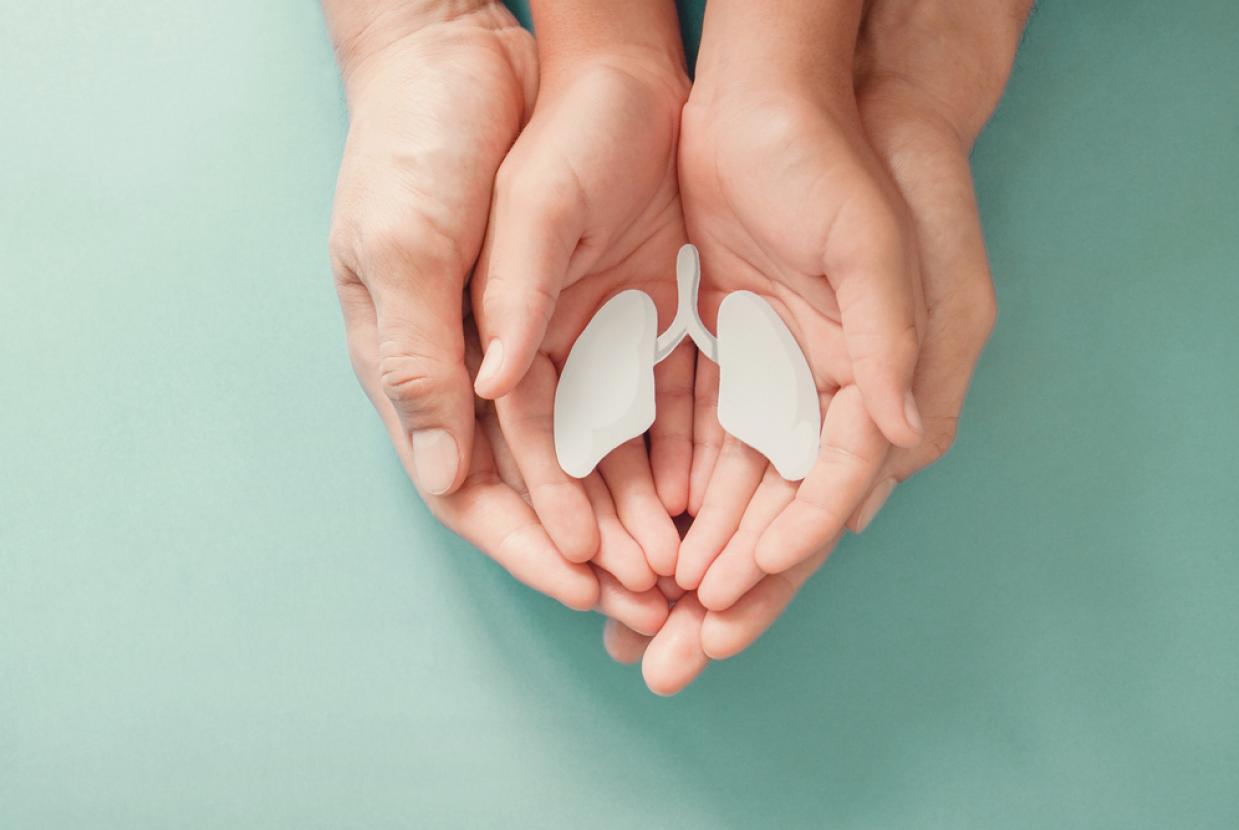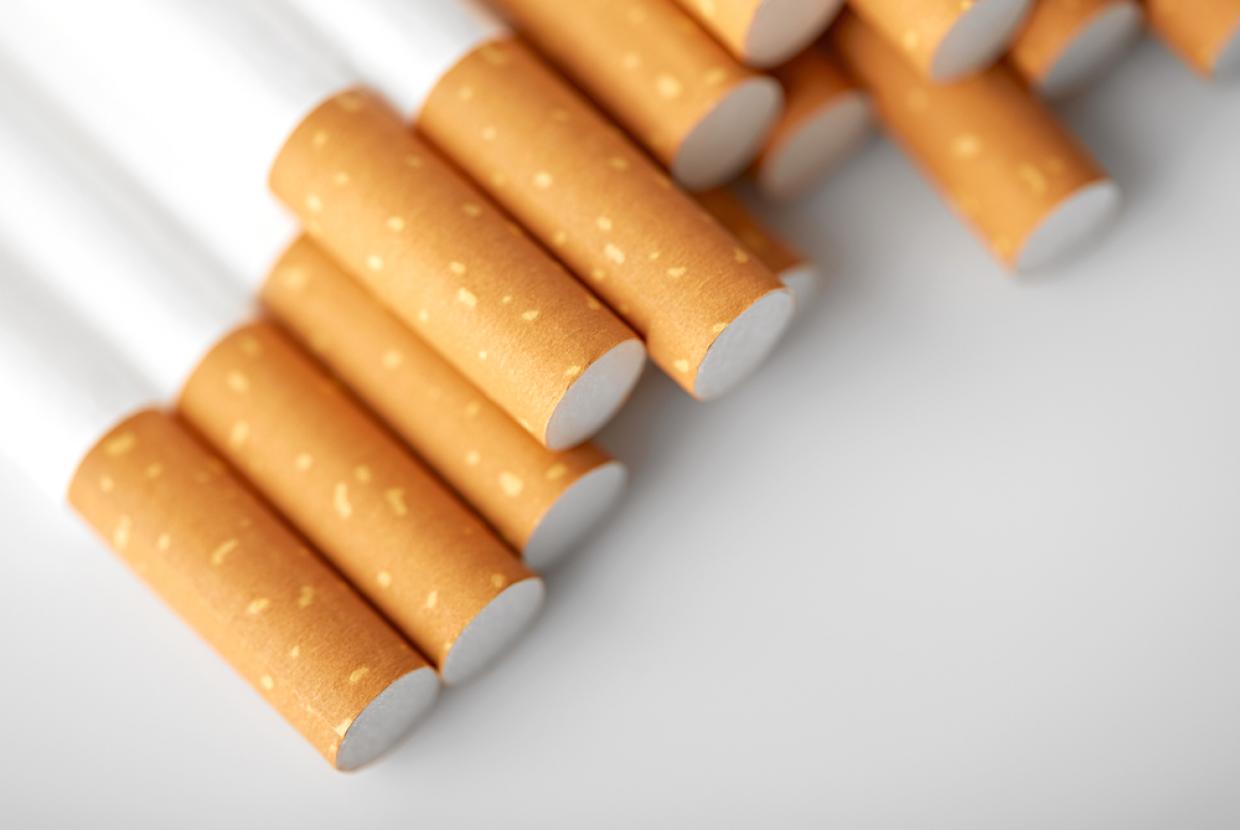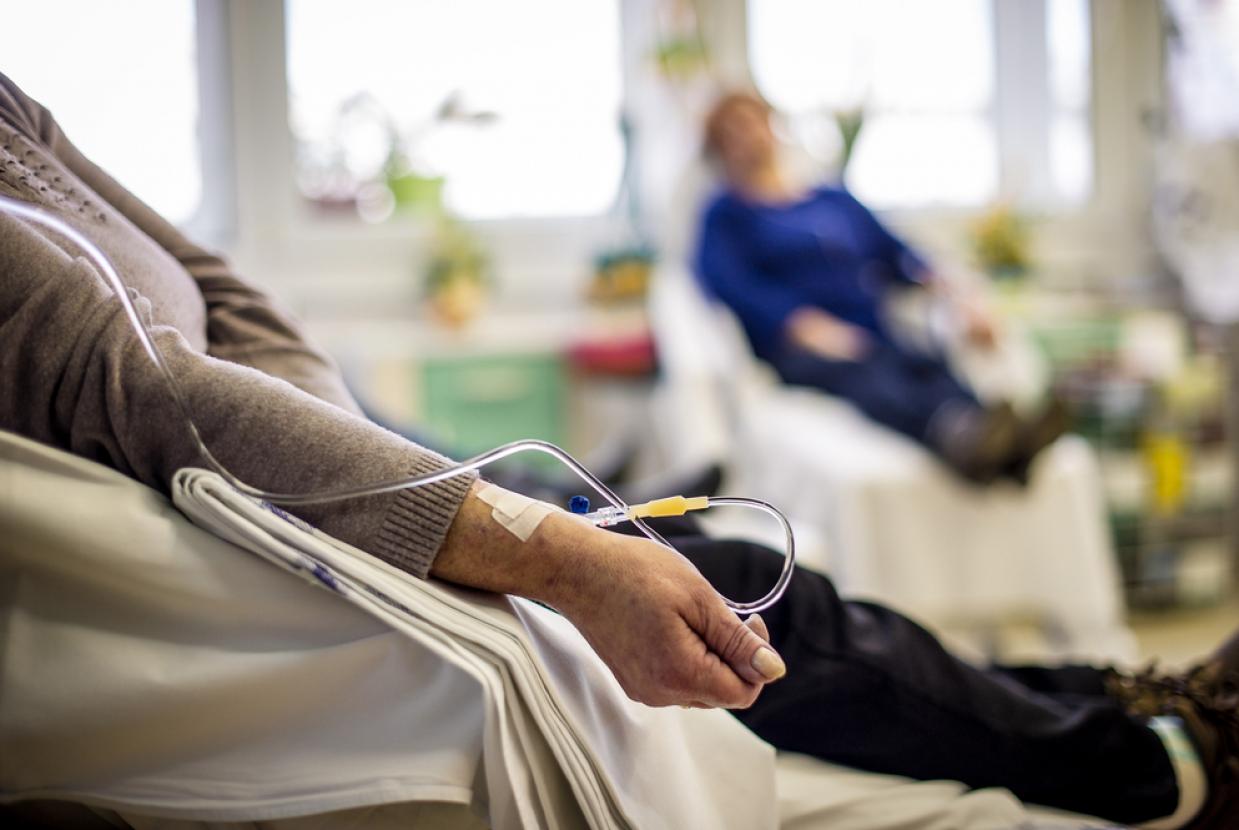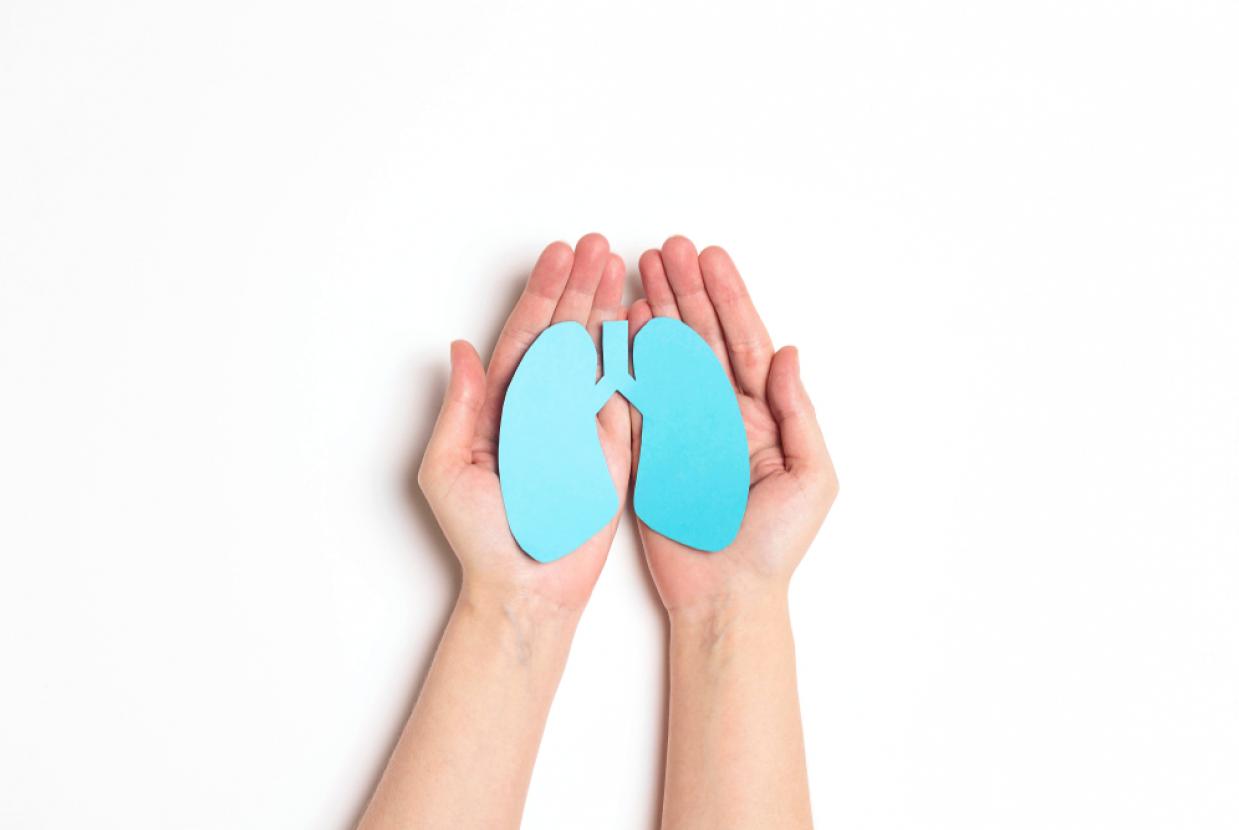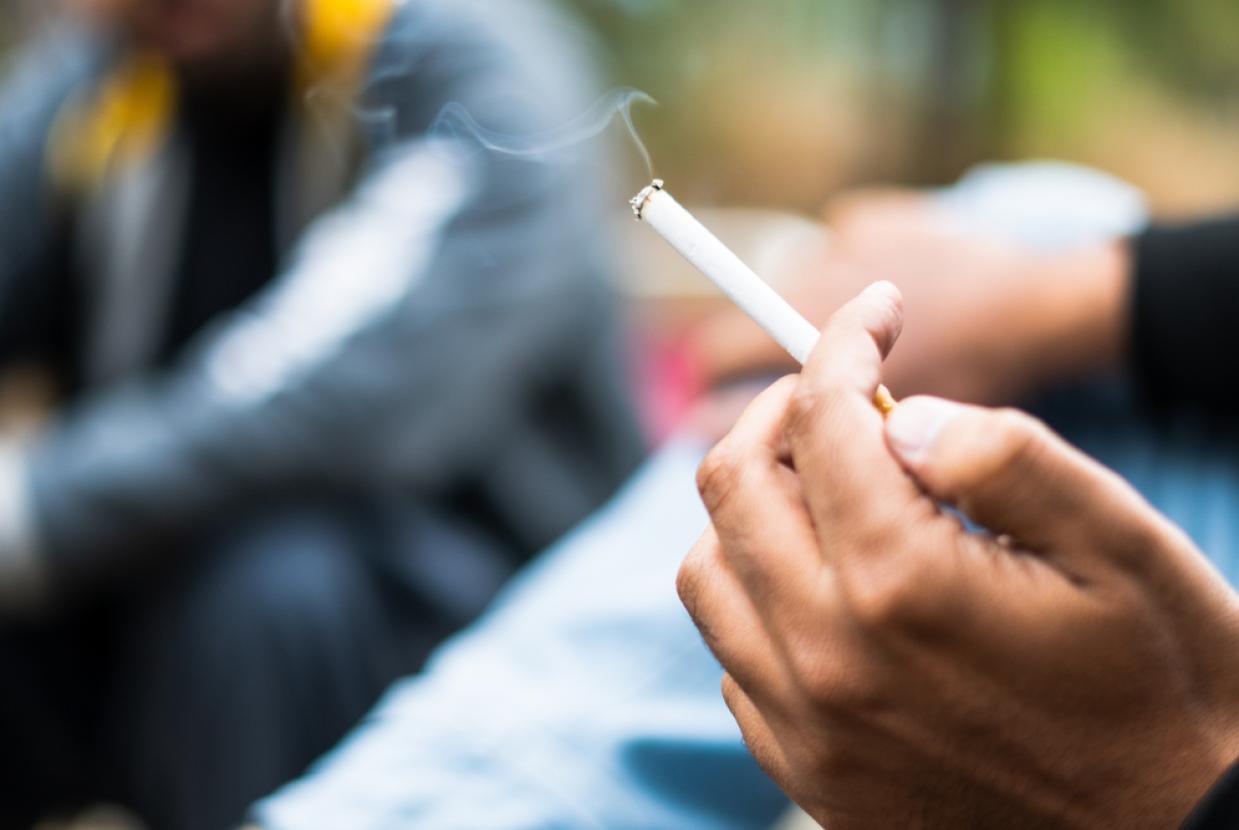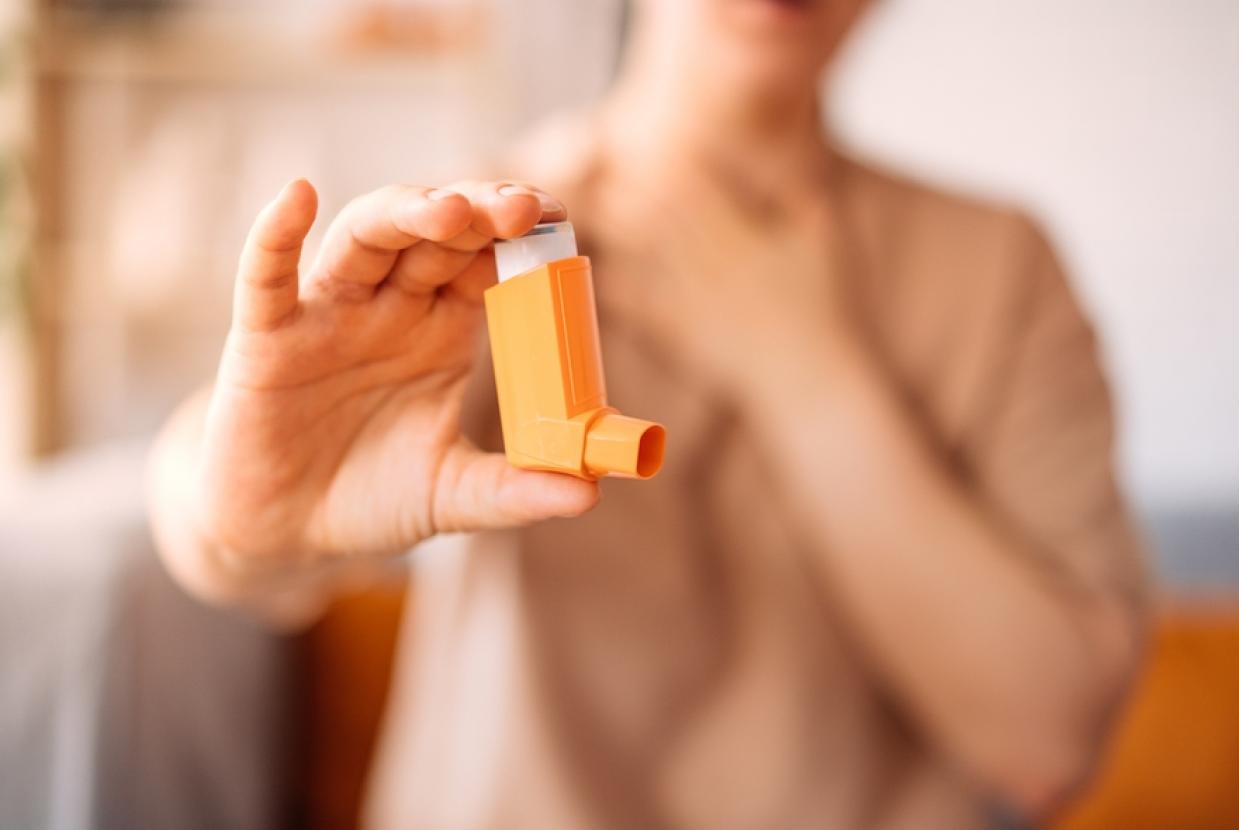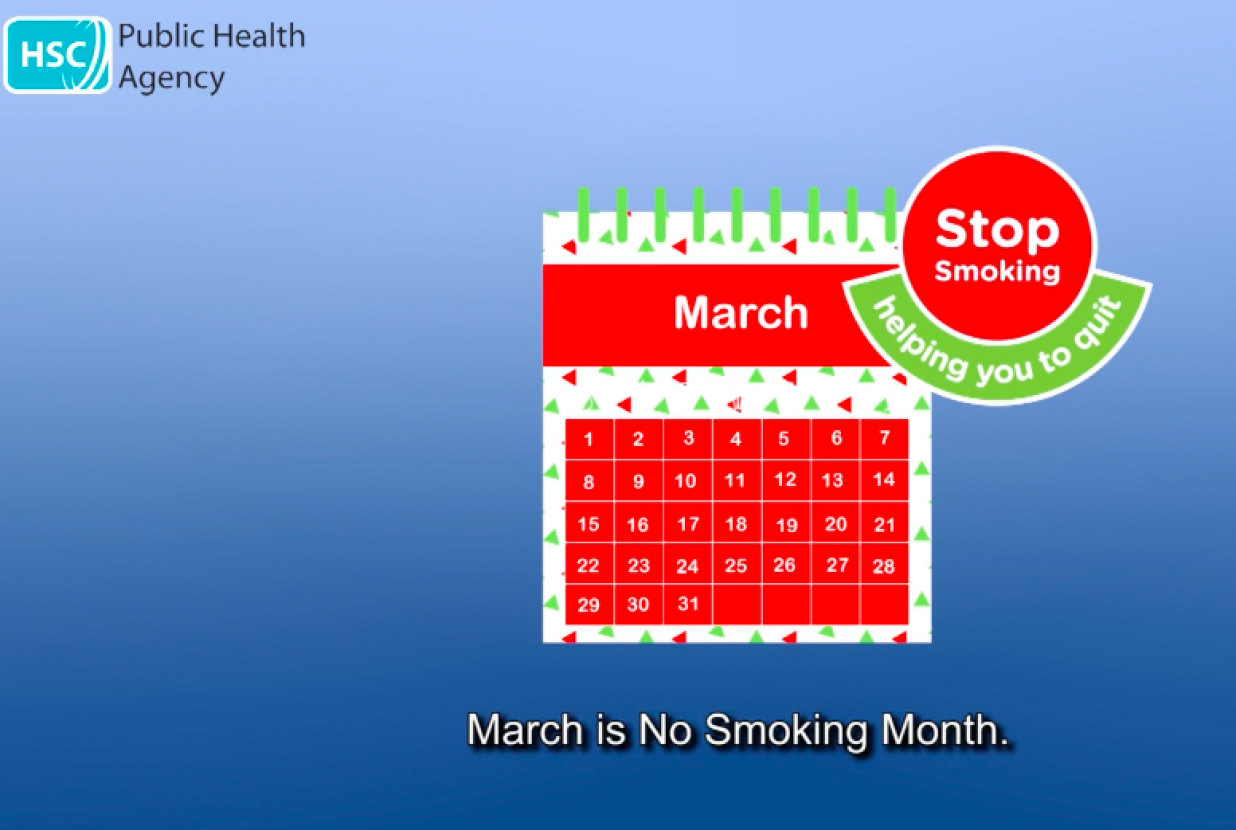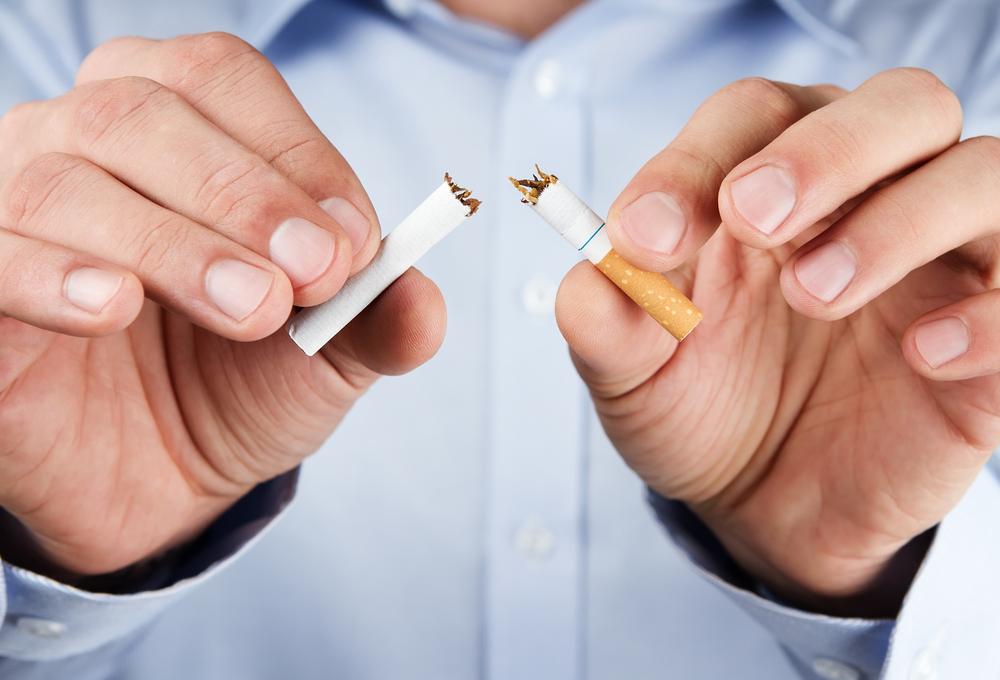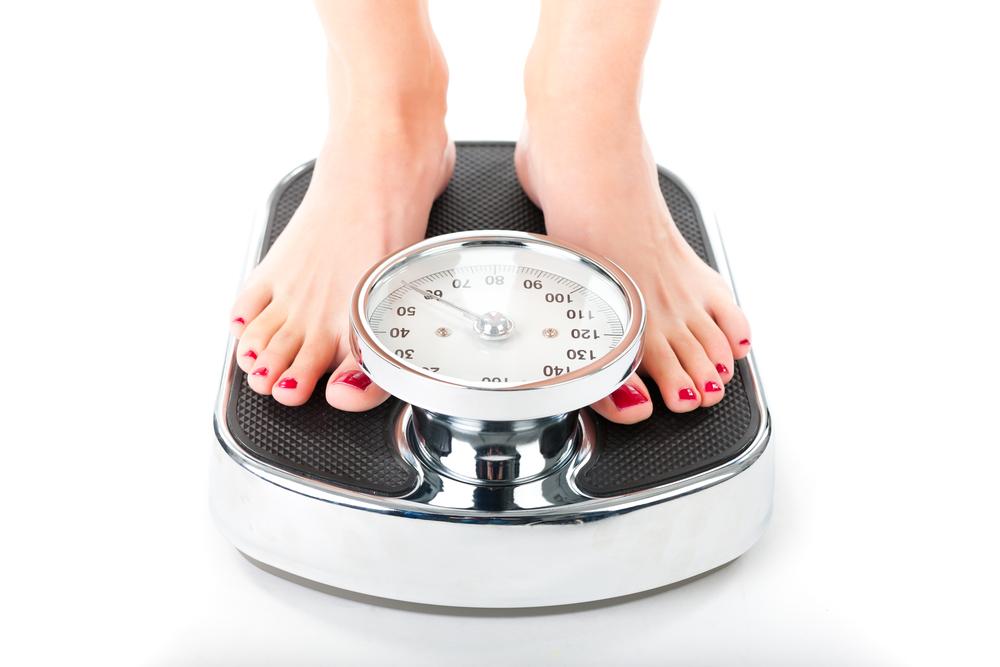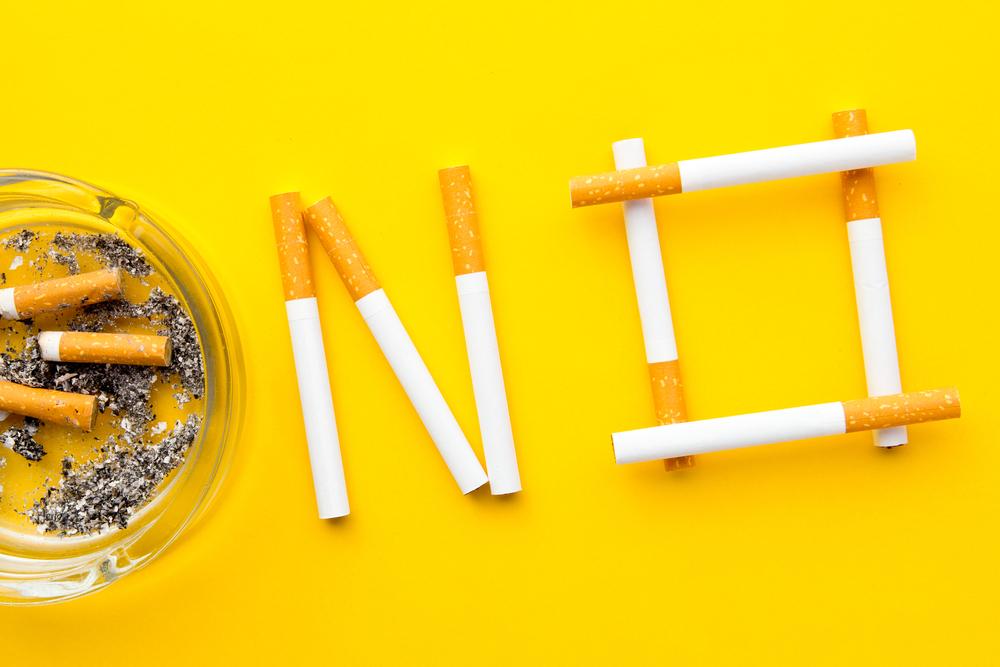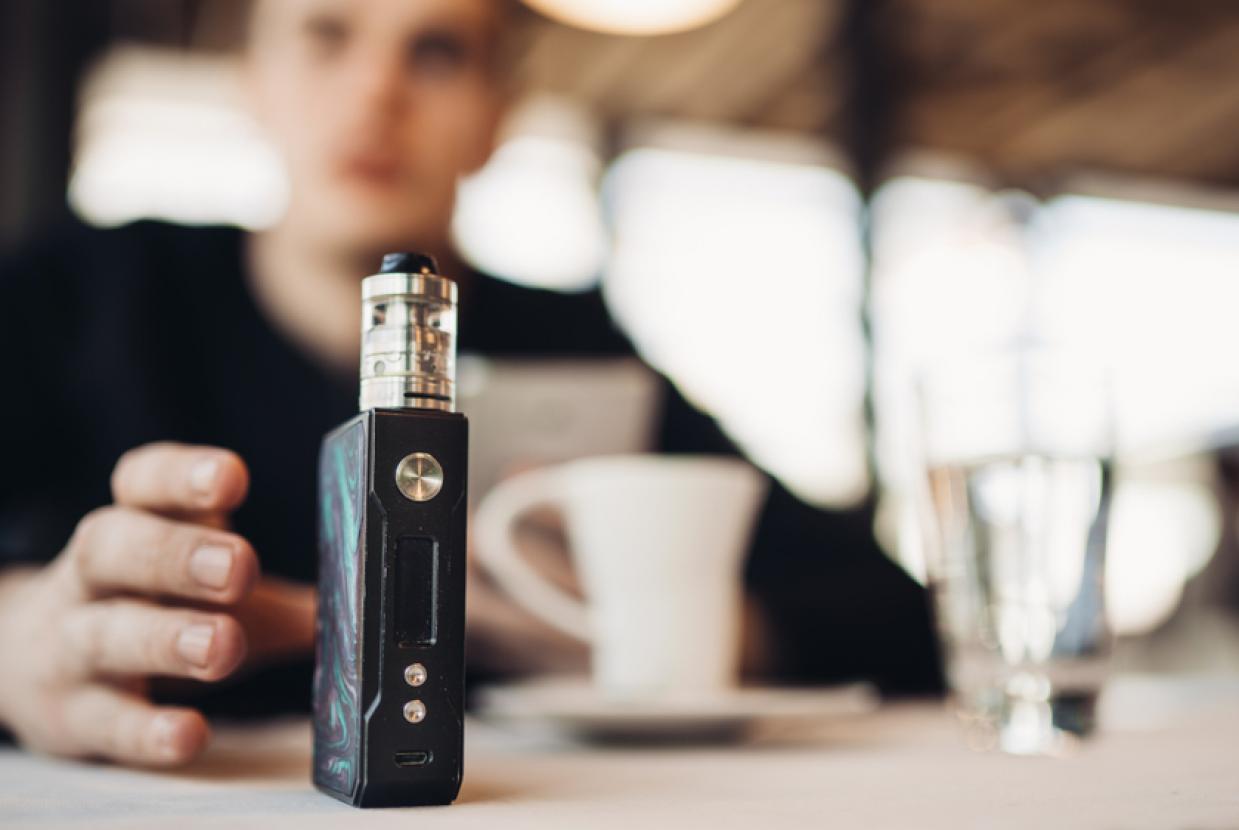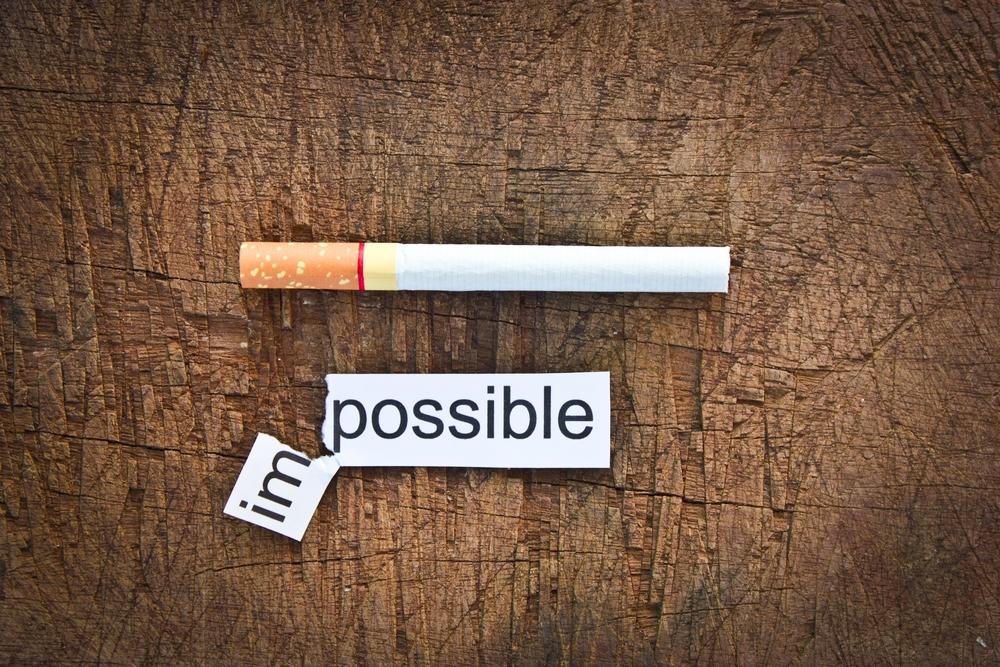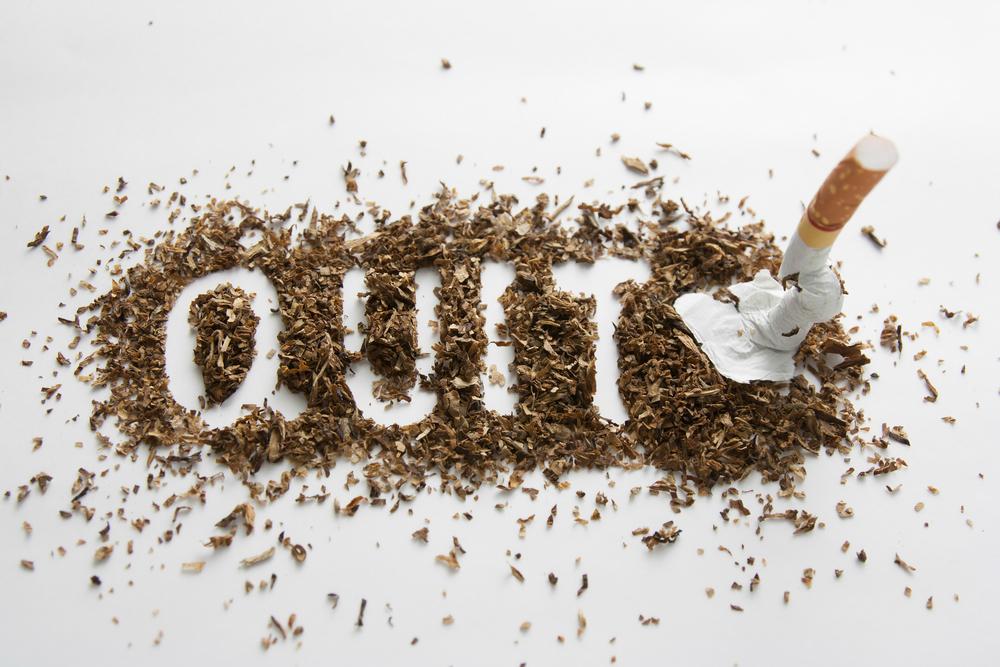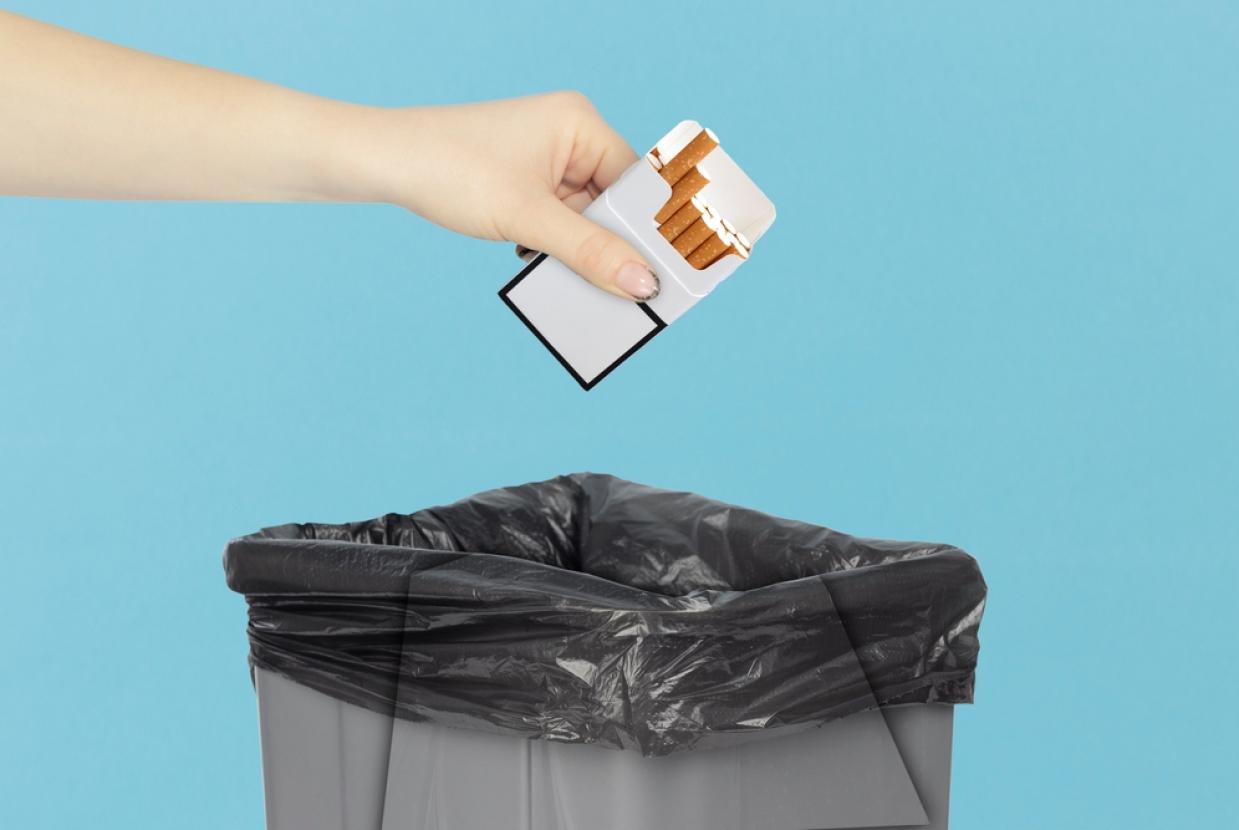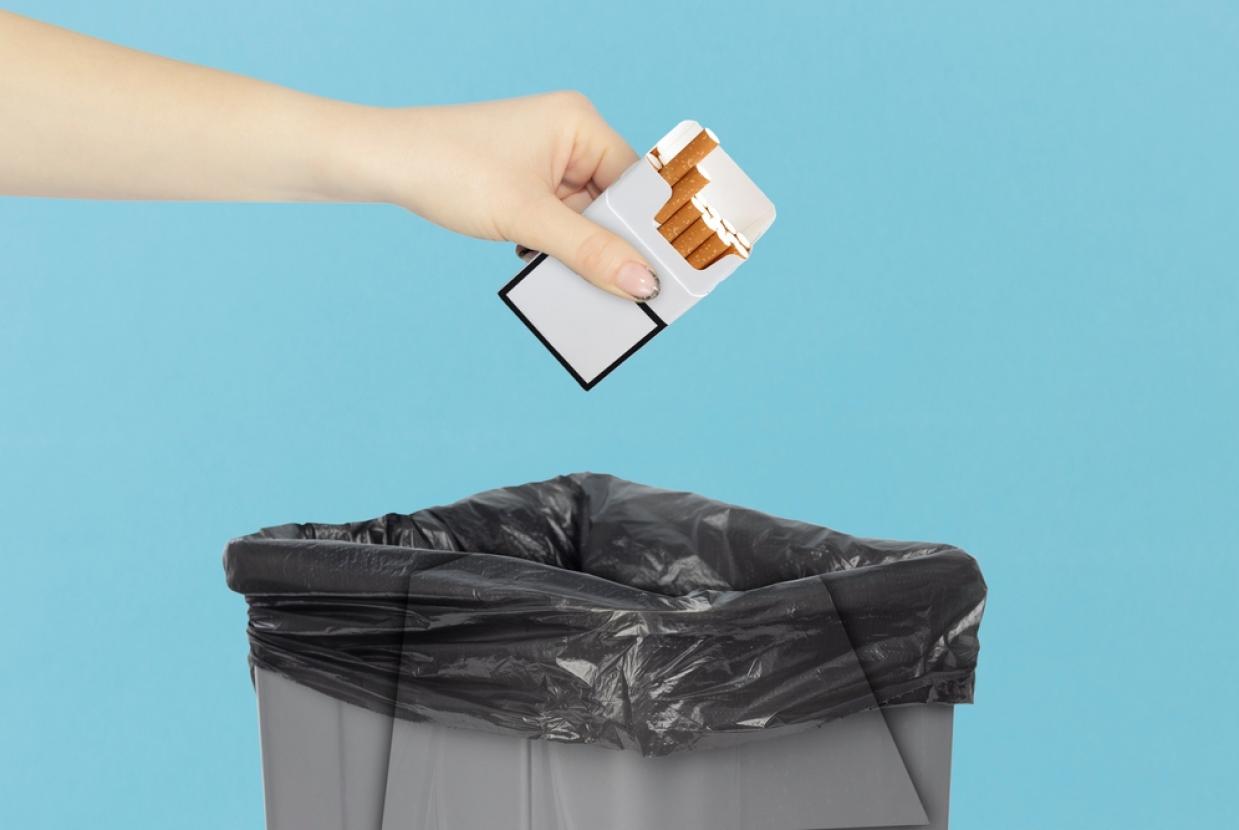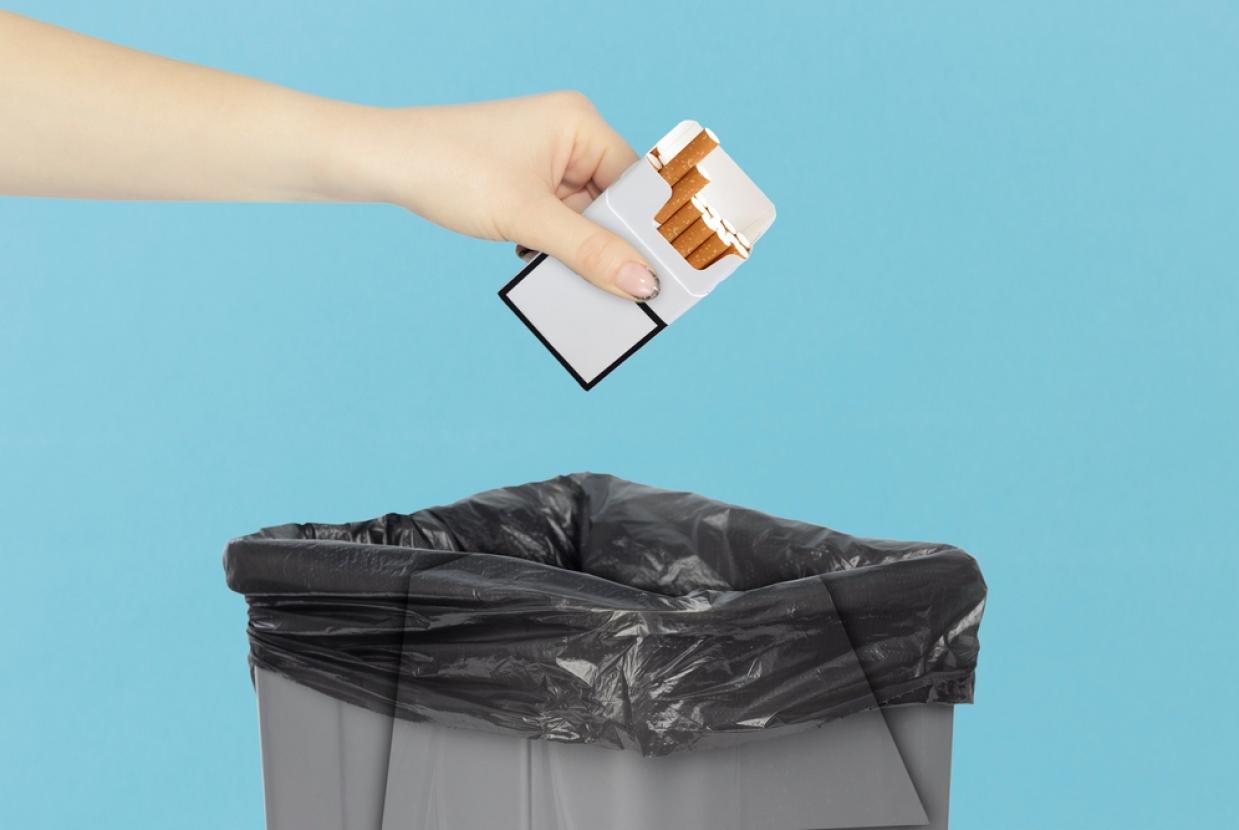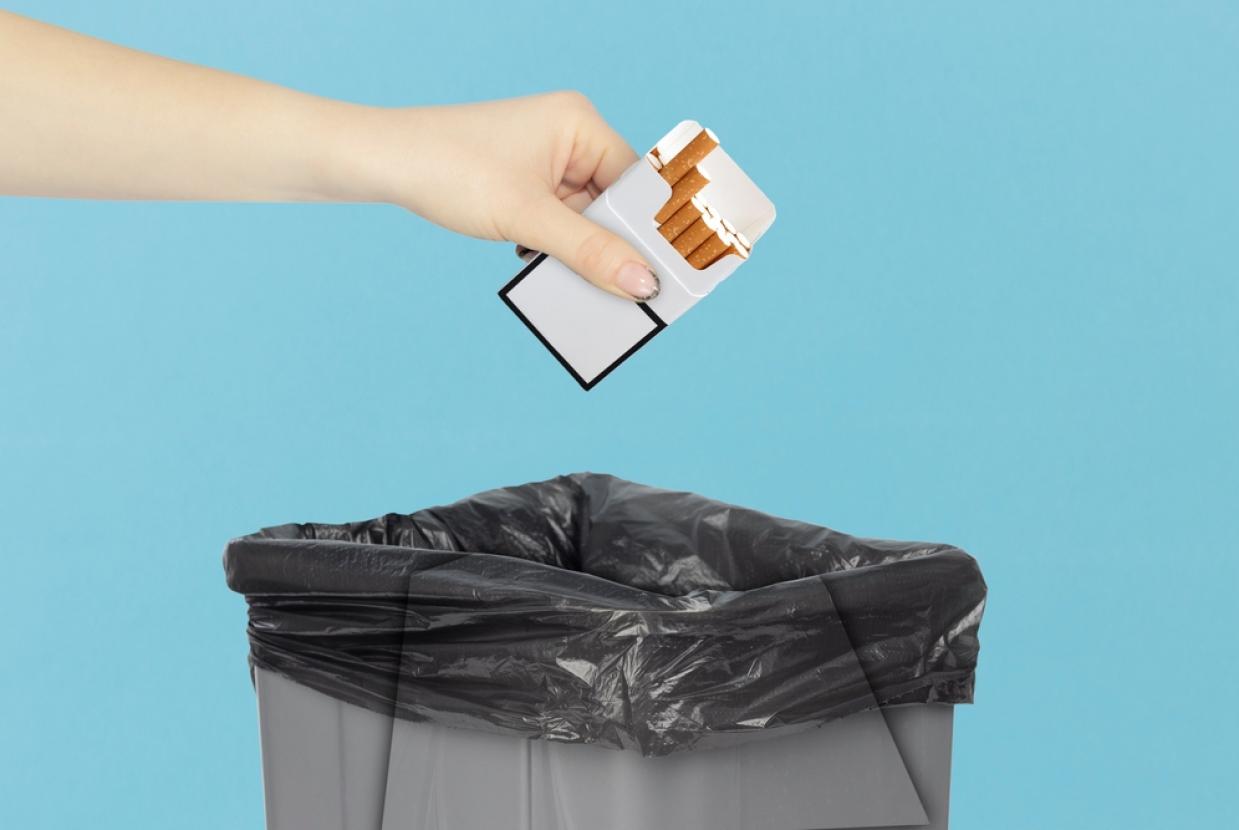Passive Smoking
Secondhand smoke is dangerous, especially for children. The best way to protect loved ones is to quit smoking. At the very least, make sure you have a smokefree home and car.
When you smoke a cigarette (or roll-up, pipe or cigar), most of the smoke doesn't go into your lungs, it goes into the air around you where anyone nearby can breathe it in. Secondhand smoke is the smoke that you exhale plus the "sidestream" smoke created by the lit end of your cigarette.
When friends and family breathe in your secondhand smoke – what we call passive smoking – it isn't just unpleasant for them, it can damage their health too.
People who breathe in secondhand smoke regularly are more likely to get the same diseases as smokers, including lung cancer and heart disease.
Pregnant women exposed to passive smoke are more prone to premature birth and their baby is more at risk of low birthweight and sudden infant death syndrome (cot death). Children who live in a smoky house are at higher risk of breathing problems, asthma, and allergies.
How to protect against secondhand smoke
The only way to protect your friends and family from secondhand smoke is to keep the environment around them smoke free.
The best way to do that is to quit smoking completely. If you're not ready to quit, make every effort to keep your cigarette smoke away from other people and never smoke indoors or in the car. You should:
- always smoke outside
- ask your visitors to smoke outside
- not smoke in the car or allow anyone else to
The risks of passive smoking
Secondhand smoke is a lethal cocktail of more than 4,000 irritants, toxins and cancer-causing substances. Most secondhand smoke is invisible and odourless, so no matter how careful you think you're being, people around you still breathe in the harmful poisons.
Opening windows and doors or smoking in another room in the house doesn't protect people. Smoke can linger in the air for 2 to 3 hours after you've finished a cigarette, even with a window open. Also, even if you limit smoking to one room, the smoke will spread to the rest of the house where people will inhale it.
Children and passive smoking
Passive smoking is especially harmful for children as they have less well-developed airways, lungs and immune systems. Children who live in a household where at least 1 person smokes are more likely to develop:
- asthma
- chest infections – like pneumonia and bronchitis
- meningitis
- ear infections
- coughs and colds
Children are particularly vulnerable in the family car where secondhand smoke can reach hazardous levels even with the windows open.
To protect children, smoking in cars and other vehicles carrying children was banned in 2015. It is against the law to smoke in a private vehicle if there's a young person under 18 present.
How safe is e-cig vapour?
Using e-cigarettes, also known as vaping, does not produce tobacco smoke, so the risks of passive smoking with conventional cigarettes do not apply to e-cigs.
Research into this area is ongoing, but it seems that e-cigs release negligible amounts of nicotine into the atmosphere and the limited evidence available suggests that any risk from passive vaping to bystanders is small relative to tobacco cigarettes.
But as a precaution, it's best not to vape around babies and children if you can avoid it. Young children also often copy adults.


